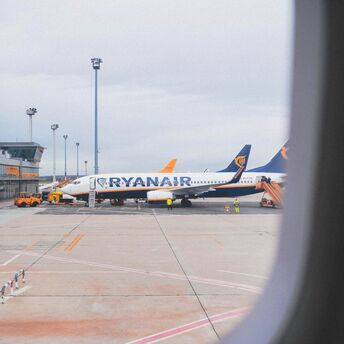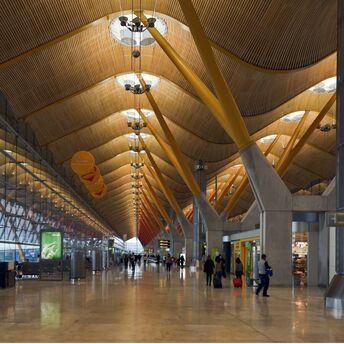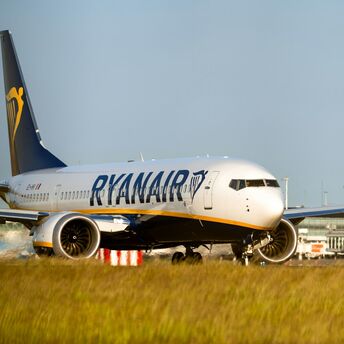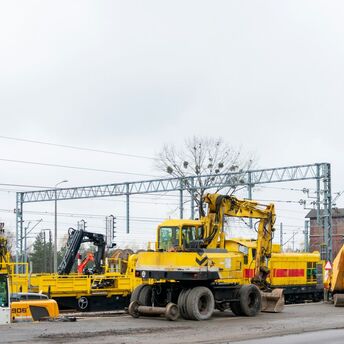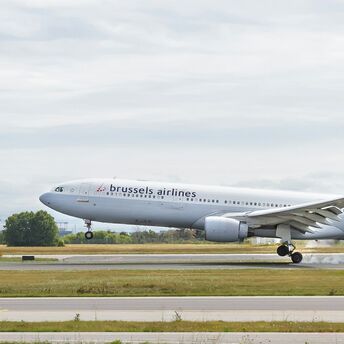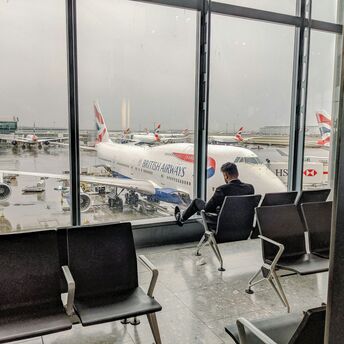"Quiet hours" in Germany: what is it and what fines can you face
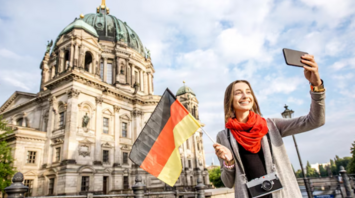
There are rules about silence in Germany. Loud noises during specially designated "quiet" hours can result in considerable fines.
TravelWise decided to tell you what tourists should know about the "quiet hours" in Germany, who to contact in case of excessive noise, and how to avoid fines.
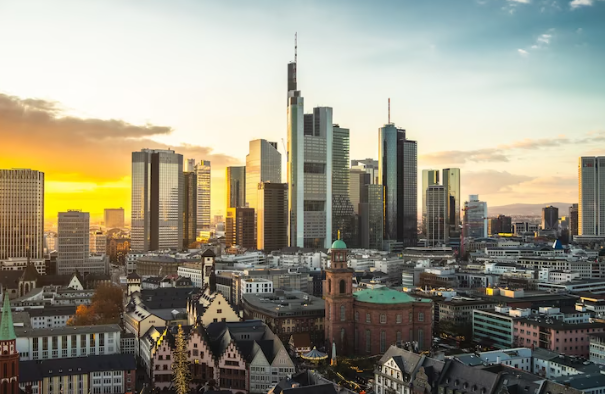
When do "quiet hours" apply in Germany
"Quiet hours" are defined in residential rental law and approved by the Federal Court of Justice (BGH) in 2003. They cover the following days and hours:
- Nighttime rest periods from 20:00 to 7:00 and the "nighttime silence" regime from 22:00 to 6:00;
- Certain daytime hours, afternoon rest period - from 13:00 to 15:00;
- All day on weekends and holidays.
The country's legislation clearly defines that excessive noise must not be allowed during the silence period. Ignoring these rules may result in a fine.
What sounds are prohibited during "quiet hours"
The country's legislation clearly states that any noisy activity is prohibited during the quiet hours. In particular, the following is prohibited:
- Use of household appliances: washing machines, vacuum cleaners, etc.;
- Repair work, including drilling and mowing lawns;
- Playing musical instruments: some municipalities even have hours when it is allowed to play without disturbing the neighbors;
- Noise from pets: sometimes a dog needs to be muzzled at night to keep it from barking;
- Noisy entertainment and parties: home parties are not prohibited, but when guests enter the balcony at a late hour, it can disturb the neighbors. Therefore, it is important to monitor the volume of voices, laughter, and music.
What are the penalties for breaking the silence?
Some loud noises can be subject to hefty fines. For example, using lawn mowers (which generate noise from 78 to 96 decibels) or carrying out noisy repairs in apartment buildings (drilling or hammering) after 10 p.m. can result in a fine of up to 5,000 euros.
As TravelWise previously reported,Germany and Hungary have allowed unlimited travel on public transport. They allow you to travel on buses, trains, and subways without paying separately each time.




